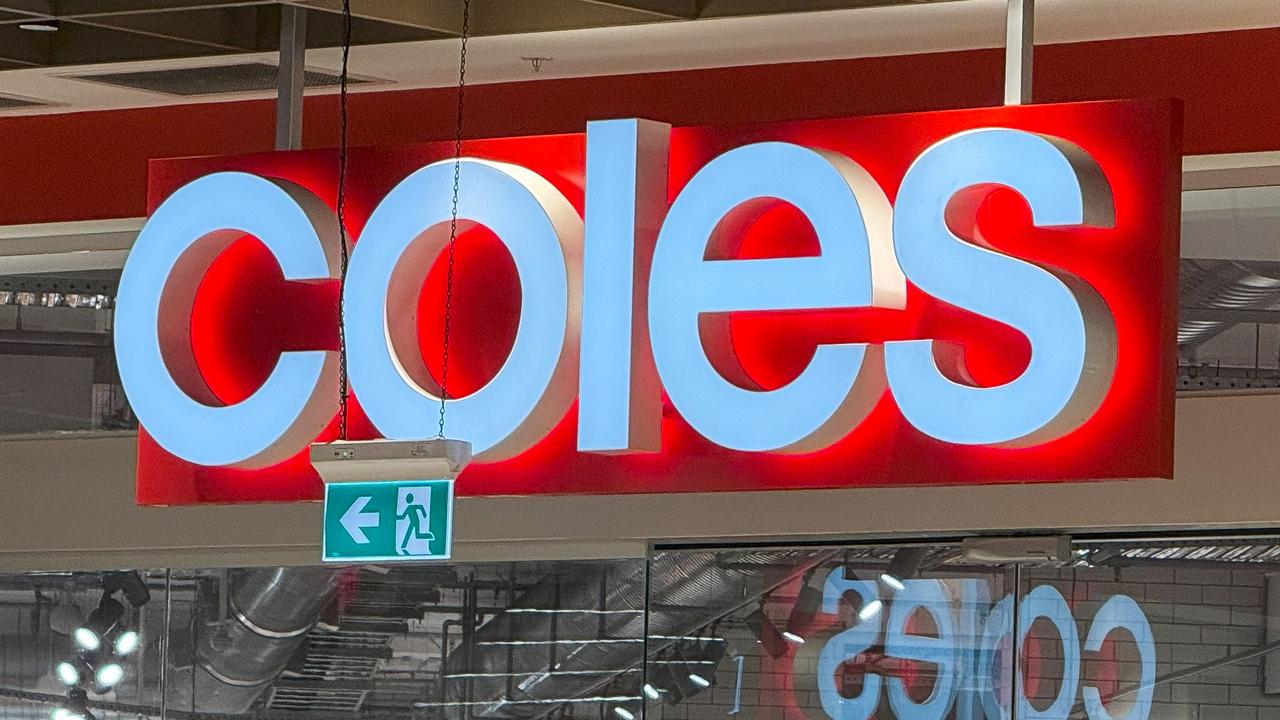The refugee founder of Sriracha is missing out as impostors flood the market
SRIRACHA sauce has many devoted fans. So much so that others are now cashing in on its popularity. And the original’s 70-year-old founder is being cheated.
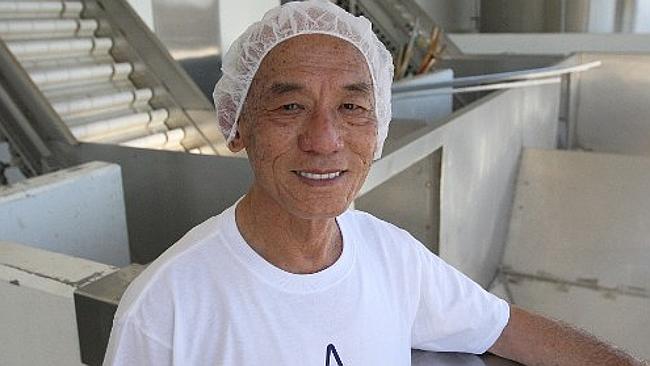
WHEN it comes to chilli sauce, Sriracha is the real deal. Its signature green cap on the clear plastic bottle is a source of joy for Sriracha fans everywhere. And its humble founder is losing out on oodles of money.
Sriracha sauce — a concoction of mostly chilli, sugar, salt and garlic — has a large and dedicated following. When its production was under threat from a lawsuit in 2013, panic ensued that there would be a worldwide Sriracha shortage. To declare their loyalty, fans organised a Sriracha festival where famous chefs created dishes with Sriracha sauce as the hero.
All the peppers used to make the original Sriracha sauce comes from one farmer and 70,000 bottles of the sauce are bottled daily, according to a documentary on Sriracha. That’s right, it has its very own documentary, made by a filmmaker who got his project crowdfunded on Kickstarter.
So, naturally, in the world of business and brands, everyone else has realised the massive opportunity in copycatting the popular ‘cock sauce’. Everyone from Heinz to Subway is now getting in on the action, coming out with their own Sriracha-style products.
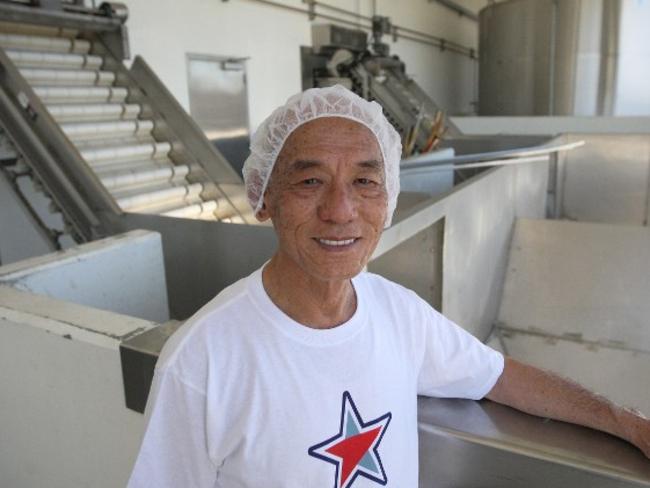
But it’s playing out a little differently than usual.
David Tran, the founder of Sriracha sauce, never trademarked the name so pretenders are free to call their products ‘Sriracha’ as well, which is exactly what they’re doing.
David Tran migrated to the US from Vietnam as a refugee, and in 1980, started his business by selling buckets of his sauce to restaurants in Los Angeles’ Chinatown. In the intervening 35 years, he’s managed to build his business into a global condiment powerhouse.
In 2012, Mr Tran sold 20 million bottles. Since then, the company’s sales have grown from $US60 million to $US80 million, reported the LA Times.
You can now get Sriracha flavoured lip gloss, beer, chocolates and vodka. In 2009, a prestigious food magazine named the sauce ‘Flavour of the Year’. Some of the products are made in partnership with Sriracha but most are not.

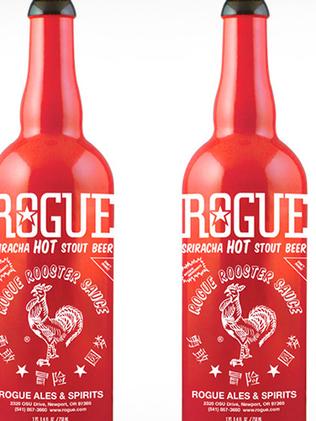
With all these other companies getting in on the action and blatantly calling their rip-offs Sriracha, Mr Tran is missing out on serious money by not claiming royalties from all the interlopers. Even Tabasco will release its own version soon.
But he doesn’t see it as a bad thing and doesn’t regret not having trademarked the name (the form of the plastic bottle and the rooster logo is trademarked). He told the LA Times, “Everyone wants to jump in now. We have lawyers come and say ‘I can represent you and sue’ and I say ‘No, let them do it.’”
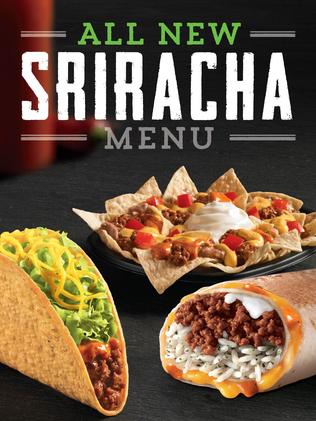
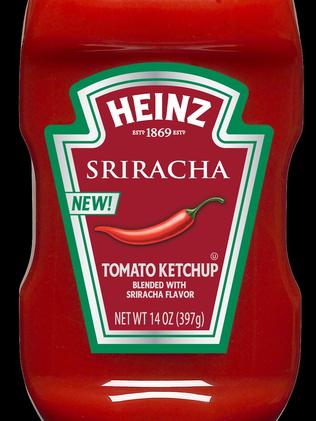
For Mr Tran, the ubiquity of spin-off products are just another way to promote the real thing. He sees it as free advertising for a company that never spent money on marketing. He even has a daily ritual of searching for the latest Sriracha-inspired products on the internet.
There’s also an argument that even if he tried to now, he wouldn’t be able to trademark the Sriracha name. Now that it’s been used by other companies, it’s on the brink of being genericised — the concept of brand names becoming so common use as a non-proper noun that it’s lost its legal trademark protection. ‘Escalator’, ‘hoover’, ‘aspirin’ and ‘jacuzzi’ are well-known examples of this happening.



